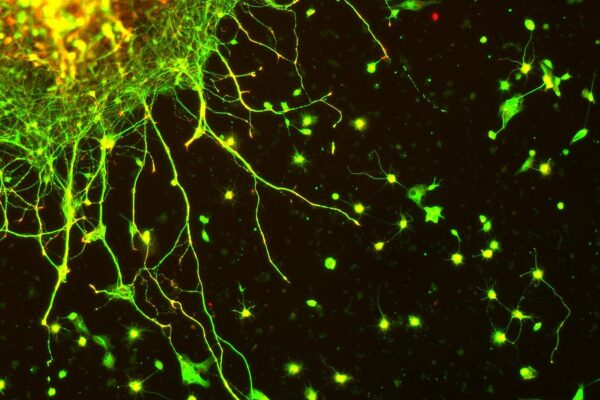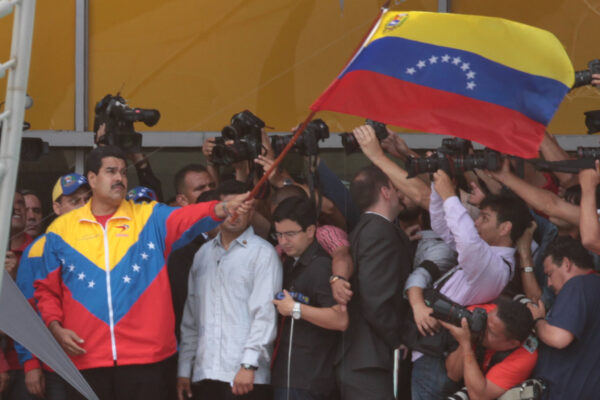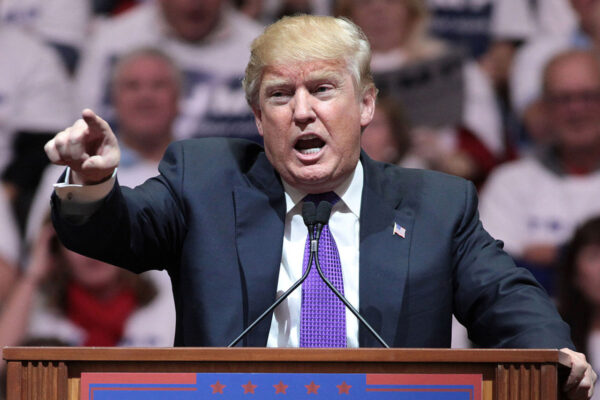Expanding the Legacy
The Folly of ESG and Other Hypes
Corporates of all sizes used to crave recognition for their embrace of wholesome ESG values. Environment, Social, and Governance were deemed all important to woo both customers and investors. Promises and commitments were made, examples set, and case stories published - all to great acclaim. Now, just a few years later, the hype has thankfully abated. As a concept or philosophy, ESG has been exposed as mere window dressing. It also proved the downfall of that most maligned of corporate events, the World Economic Forum. The annual fest turned into a platform of smoke and mirrors used by grandstanding CEOs to establish their ESG credentials: they would care for the environment, combat inequality, and offer full transparency - all the while offering investors ever higher returns.
Nervous Markets Easily Spooked
After a few dismal days, global stock markets staged a rebound of sorts with Japan leading the surge as both the broader Topix index (+9.3%) and the tech-heavy Nikkei 225 (+10.2%) rose in tandem pulling up indices across Asia. In early-morning trading, European markets also recovered some of their losses although without the fanfare prevalent in the east. The Pan-European STOXX 600 advanced 0.6% whilst exchanges in Germany, France, and the UK registered modest gains but remained in a holding pattern. US futures edged higher as well, pointing to the presence of a few bargain hunters.
Finding, Dissecting, and Dealing with AI Hallucinations
Artificial Intelligence (AI) is taking over the internet with untold millions of webpages generated by bots at the request of entrepreneurs looking to ‘get money for nothing’ - if only because the ‘chicks’ are not usually ‘free’ for nerds. It is a great business by any standard. Ask any bot powered by a large language model (LLM) to write a few hundred words on any given topic and a webpage is born. No need to hire and pay writers, editors, proofreaders, or any other creative professional. What’s not to like?
Former Bus Driver Steals the Will of the People
Nicolás Maduro, the former bus driver turned president of Venezuela, is a miracle worker. Under his inspired reign, the economy of the country lost three-quarters of its output, yet he somehow managed to convince a majority of voters to grant him yet another term in office - his third. President Maduro claims to have won Sunday’s election by securing 51% of the vote against the 44% that went to the opposition. He celebrated his dubious win with a grand fireworks display that lit up the sky over Caracas. Jubilant crowds were shown on national television as definitive proof that the nation looks forward to losing whatever has not yet been destroyed by Mr Maduro’s formidable incompetence at public administration.
Irish Literary Iconoclast
Novelist Edna O’Brien famously defined her native Ireland as both “a state of mind and an actual country.” The writer, who passed away last Saturday aged 93, long sustained a troubled relationship with Ireland or rather the other way around. She bared the Irish mind to her readers and suffered for it. With courage and aplomb, she dissected and shone a light on social realities and mores ignored and suppressed for generations.
UAE Holds Key to End Gaza Fighting
The two-state solution being touted as the be-all end-all of the most intractable of long-running conflicts sounds eminently sensible but is also tainted by a high degree of wishful thinking and, as it were, detached from reality. A two-state solution would be akin to having a neighbour determined to take over your home and expel you from the neighbourhood, using whatever violent means at his disposal.
Battlefield Ingenuity Gives Ukraine a Defensive Edge
The detection of incoming aircraft by sound has long been considered imprecise and impractical. That is, until Ukrainian nerds looked at the ancient technology and saw an opportunity to match it to artificial intelligence. A number of startups have now developed acoustic systems that can successfully detect incoming drones, missiles, and aircraft, and determine their heading, allowing defenders to either neutralise the threat or run for shelter.
Donald Trump Firmly Rooted in US Political Tradition
A new survey from press agency Reuters found that 87% of Americans are concerned about a rise in political violence. Over two-thirds of respondents fear an outburst of violence following the November 5 presidential election. A significant majority also deplores the lack of civility in public discourse. Yet, in a quirk of the American character hard to explain, slightly under half of the US electorate is apparently willing, if not eager, to dispatch a man to the White House who has redefined incivility and made it into his personal brand. To call Donald Trump uncouth is a gross, if not monumental, understatement.
Debt Restructuring: Governance Missing from Equation
An untold number of debt relief initiatives have failed to help developing countries carry their financial burden. The schemes, well-meaning in nature, follow a predetermined script: the debtor nation promises reforms, the implementation of sound governance practices, and fiscal prudence. However, once creditors and debtors have reached an amicable agreement, the script goes awry. Promises are instantly forgotten and reform plans put on ice. Apart from perhaps a few cosmetic touch ups, governance remains as dismal as before.
Britain’s Rwanda Plan: Four People Removed for £700 Million
Successive conservative governments squandered upwards of £700 million ($900 million) on an ill-advised plan to deport failed asylum seekers to Central Africa for processing and resettlement. The scheme, promptly cancelled by the new Labour government, saw just four people leave the UK for Rwanda. They did so voluntarily and were handed £3,000 in cash to help fund their new life in Africa. On Monday, Home Secretary Yvette Cooper informed Parliament that the deportation plan had cost much more than previously thought: “It’s the most shocking waste of taxpayers’ money I’ve ever seen,” she told lawmakers. Mrs Cooper also revealed that her predecessor failed to properly inform Parliament of the policy’s total costs which according to Home Office numbers could have ballooned to £10 billion over the next six years.
Just Released

Africa AI Brazil Business Chile China Climate Corona Davos Debt Development Diplomacy Donald Trump Economy Elections Energy EU Europe Federal Reserve Finance France Germany HiFi History IMF Kamala Harris Military Monetary policy NATO Philosophy Politics Putin Russia Schwab Society South Africa Technology Trade Trump UK Ukraine UN US War WEF










